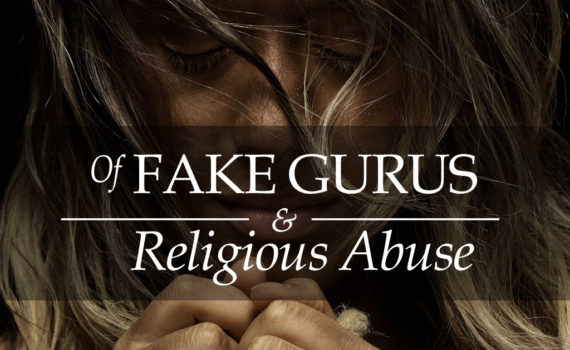

If you’re interested in EMDR Therapy specifically for religious trauma, schedule a consultation for Emily Maynard.Deepen Your Knowledge, Enhance Your Skills, and Connect with a Supportive Community. All our mental health therapists are trained in EMDR Therapy, and we offer in-person and virtual telehealth services. It does not require you to recount or describe your difficult experiences in detail, it does not erase your memories, or recover “hidden memories.” EMDR Therapy includes preparing for future challenge situations and helping you navigate them well.ĮMDR Therapy is an extensive, 8-phase therapy that has been shown to be effective over telehealth. EMDR Therapy is grounded in scientific research. EMDR Therapy helps your brain complete natural healing processes.Religious trauma can disconnect us from body sensations and healthy experiences due to theologies that see the body as “sinful” or “dirty.” Especially for people who experienced sexual abuse or have a LGBTQIA+ identity that was considered “impure,” or those who were impacted by Purity Culture that demanded total sexual abstinence, a somatic therapy like EMDR therapy can reconnect you with your body in a neutral way. EMDR Therapy helps you connect with your body.EMDR Therapy works to reduce the impact of early beliefs, indoctrination, and relationship patterns that can interfere with your thinking and feeling experiences in the present. It can reduce the emotional intensity and physical sensations related to specific memories, current triggers, and unwanted beliefs about yourself. If you’re finding yourself stuck in old beliefs that you’d like to leave behind, EMDR Therapy works to process the past so you can fully experience the present.

EMDR Therapy helps put the past in the past.Here are three ways EMDR Therapy can help heal religious trauma: That’s where EMDR (Eye Movement Desensitization and Reprocessing) Therapy can help with your healing from adverse religious experiences or spiritual abuse. Talk therapy can continue to give you the cognitive and emotional resources to understand your past and move forward with your life, but your body may have some catching up to do.

You may want to choose your response rather than feel like you’re at the mercy of whatever reaction shows up first (anger, freezing, crying, panic, arguing, distraction, numbing out, compulsive buying, drinking, etc.). We cannot eliminate triggers from our lives, but what trauma healing can do is give you other ways to cope with trauma triggers. Maybe shame is still interfering with your relationships or sexual experiences, even if you no longer believe those old messages that demanded purity or denied the goodness of your sexual identity. Maybe you avoid certain places or activities that you wish you could enjoy again. Maybe you still have nightmares about hell or punishment. Maybe you get triggered by family, social media posts, songs, or phrases you hear at work. You may feel like you can rationally talk through your preferred faith identity and ethics, but not be experiencing safety in your body. Even if you’ve cognitively and socially moved through a faith transition or away from a harmful church or religious group, you may not always feel like you’re aligned with your new beliefs.

Healing from religious trauma is a complicated process.


 0 kommentar(er)
0 kommentar(er)
